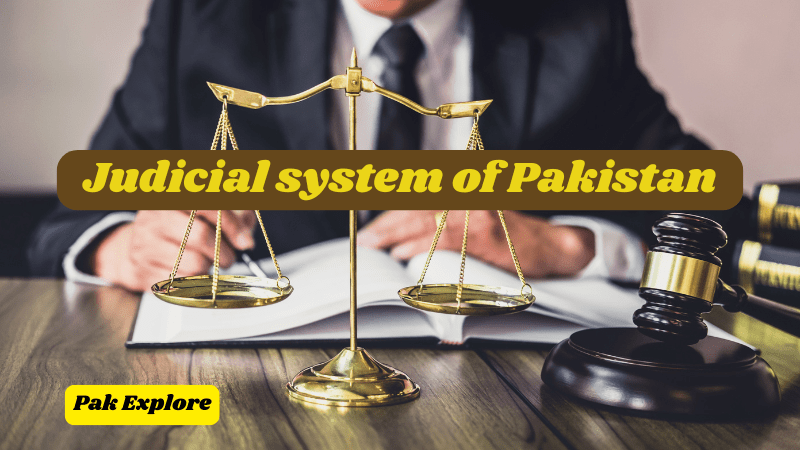Introduction
The judicial system of Pakistan consists of a vast and complex structure, which is organized under the Constitution of Pakistan. This system plays an important role in ensuring the rule of law and delivery of justice in the country. The constitution of the judicial system includes Islamic Shari’s, British colonial legal traditions, and laws framed in the light of the Constitution of Pakistan.
Structure of the Judicial System
Table of Contents
The judicial system of Pakistan consists of three levels:
1.The Supreme Court
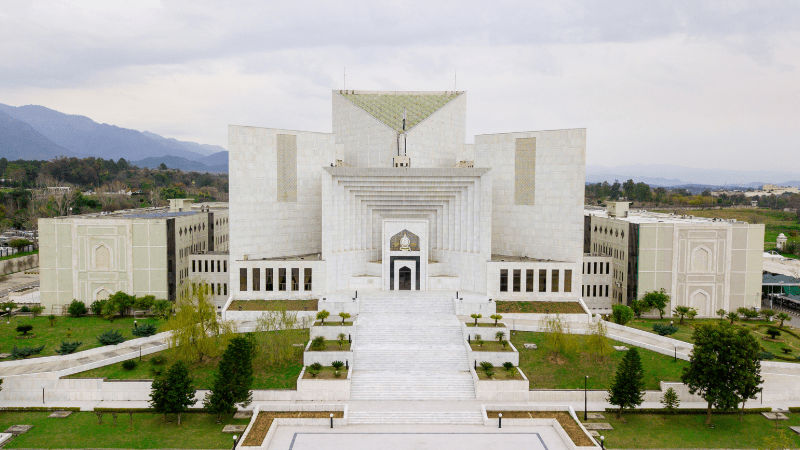
The Supreme Court is the highest court of Pakistan. It is the highest judicial forum in the country where the final appeal is heard. Its jurisdiction covers all the provinces of the country, and it is empowered to interpret the constitution, protect fundamental rights, and review legislation. The Chief Justice of Pakistan heads the Supreme Court, and is joined by other judges.
https://www.supremecourt.gov.pk/
2.High Courts
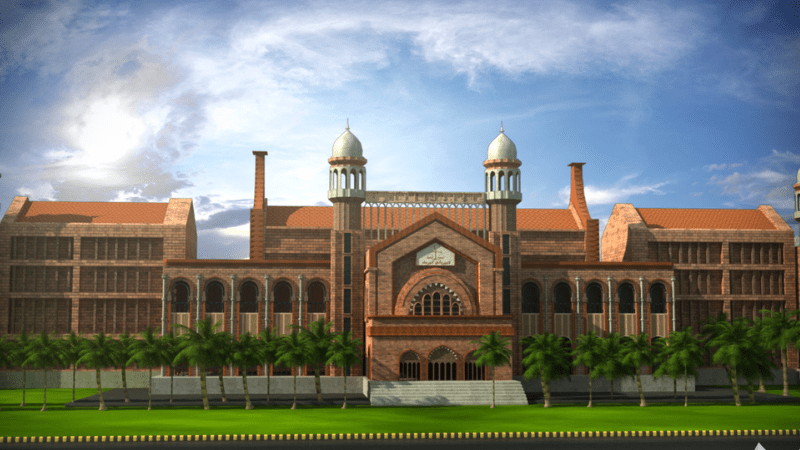
Each of the four provinces of Pakistan (Punjab, Sindh, Khyber Pakhtunkhwa, Baluchistan) has one High Court, while there is a separate High Court for the Islamabad Capital Territory. High Courts hear constitutional, civil and criminal matters at the provincial level. The High Court is also empowered to supervise subordinate courts and hear appeals.
3.Subordinate Courts
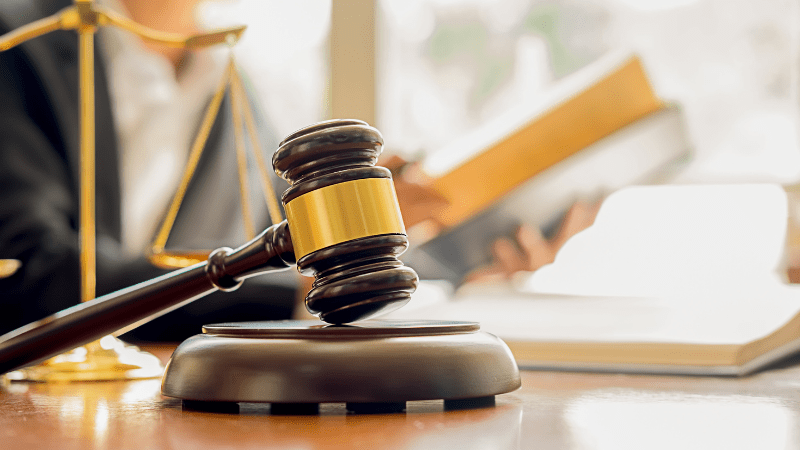
Apart from the Supreme Court and the High Courts, Pakistan also has various subordinate courts that deal with civil and criminal matters. These courts function at different levels such as District Courts, Civil Courts, and Magistrate Courts. These courts are responsible for the preliminary hearing and adjudication of public cases.
Types of Courts
There are different types of courts in Pakistan, which hear different types of cases:
1.Civil Courts
Civil courts hear civil matters such as property, contracts, and other private disputes. In these courts, judges pronounce judgments under civil laws.
2.Criminal Courts
Criminal courts hear cases of crimes such as murder, theft, and other serious crimes. Criminal courts have the power to punish the accused under the laws.
3.Family Courts
Family courts deal with family matters such as marriage, divorce, child custody and non-maintenance cases. These courts make decisions according to family laws.
4.Anti-Terrorism Courts
The increasing number of terrorist incidents in Pakistan has led to the establishment of Anti-Terrorism Courts, which have been set up to expeditiously dispose of terrorism-related cases.
5.Accountability Courts
Accountability courts hear cases related to corruption and financial irregularities. These courts are empowered to punish corrupt persons under the laws operating under the National Accountability Bureau (NAB).
Challenges of the judicial system.
Public awareness
1. Caseload and delay
The backlog of cases in Pakistan’s courts is high, leading to delays in the adjudication of cases. Thousands of cases are pending in courts, making it difficult for people to get justice. Delays can be caused by a shortage of judges in courts, a weak judicial system, and efforts by lawyers to prolong cases.
2. Shortage of judicial staff
The number of judges in Pakistan is less than the number of cases, which has led to shortage of judicial staff and resources. This not only increases the number of cases in the courts but also hinders the delivery of justice.
3. Corruption
Corruption emerges as a major problem in the judicial system. In the courts, sometimes due to corruption and influence, unfairness in decisions is seen. This situation reduces public confidence in the justice system.
4. Poor infrastructure
Another problem facing the judicial system is poor infrastructure. Due to lack of facilities in courts, lack of computerized record system, and lack of other necessary resources slow down the speed of hearing and adjudication of cases.
5. Relationship between Police and Judiciary
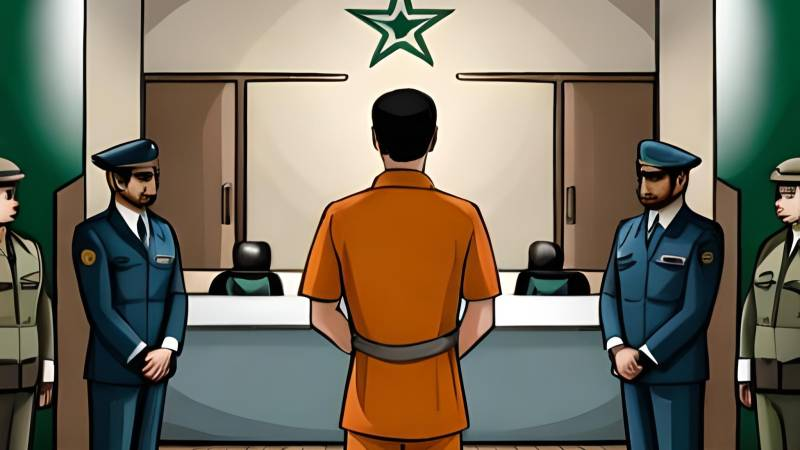
The role of the police in the judicial system is also important, but the police investigation system in Pakistan is often poor and unprofessional. Accused are acquitted due to faulty investigation or insufficient evidence by the police, which affects the delivery of justice.
Judicial reforms
Several reforms are needed to improve the judicial system in Pakistan:
1.Increase in number of judicial staff
The number of judges and other judicial staff should be increased so that cases can be heard quickly and justice is delivered faster.
2. Use of modern technology
It is important to promote the use of modern technology in the judicial system. Measures like computerized record systems, online case registration and hearing of cases through video conferencing can improve judicial efficiency.
3. Judicial training

Providing continuous training and professional development opportunities for judges and court staff can improve the quality of judicial decisions.
4. Police Reforms
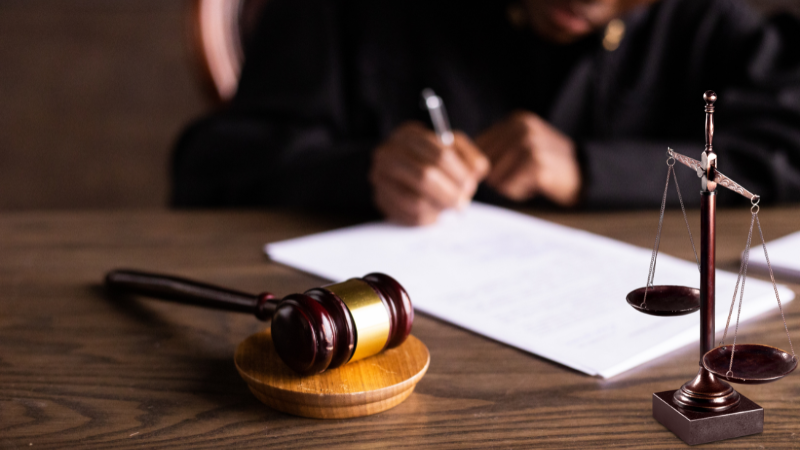
Reforms should be made to improve the police investigation system so that cases can be properly and effectively investigated and accurate evidence can be provided to the court.
5. Public awareness
It is also important to educate the public about their rights and the judicial system so that people can properly use the judicial system and understand legal proceedings.
The result
Pakistan’s judicial system plays a key role in the delivery of justice, but it faces several challenges. For prompt and effective delivery of justice, it is necessary to seriously consider judicial reforms and adapt the judicial system to modern requirements.
http://Pakistan’s Judicial System and Justice 2025: Important Changes
پاکستان کی عدالت عظمیٰ: https://www.supremecourt.gov.pk/
